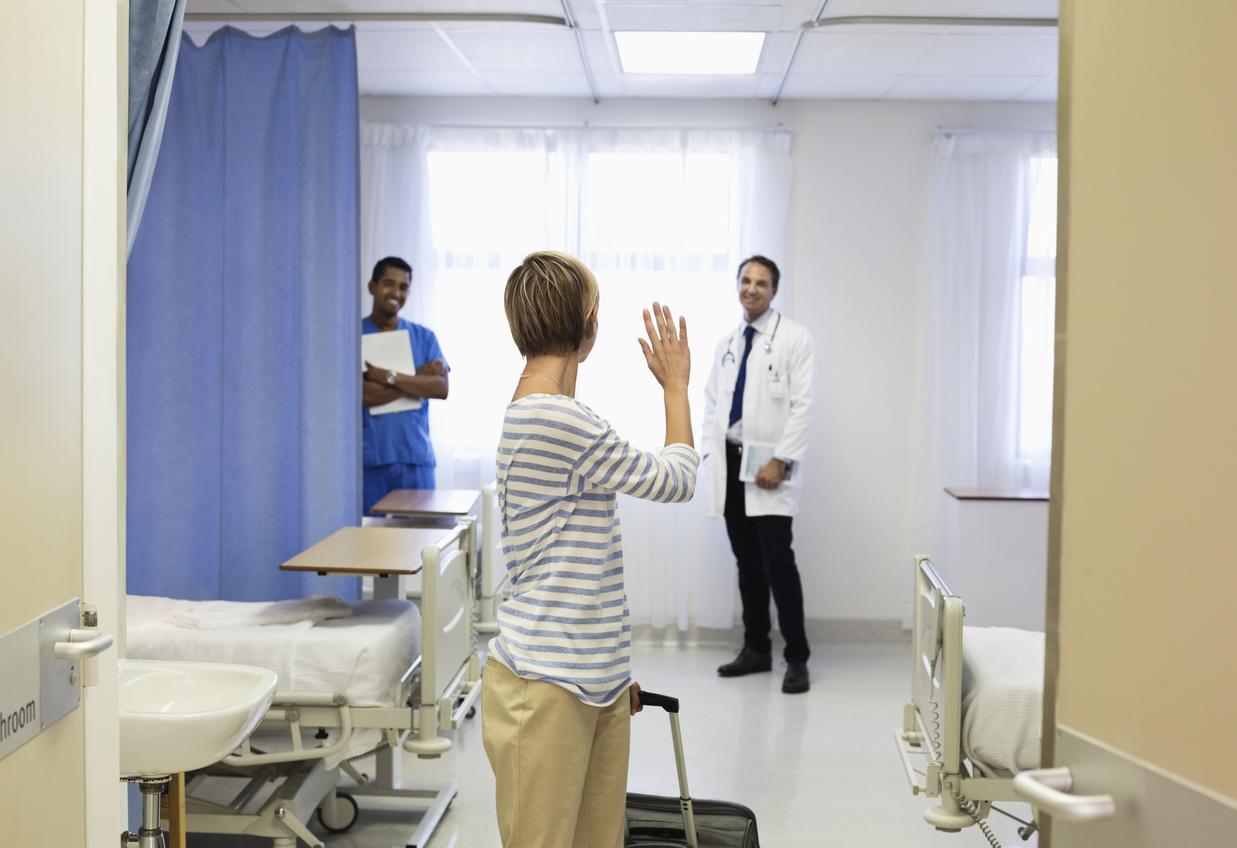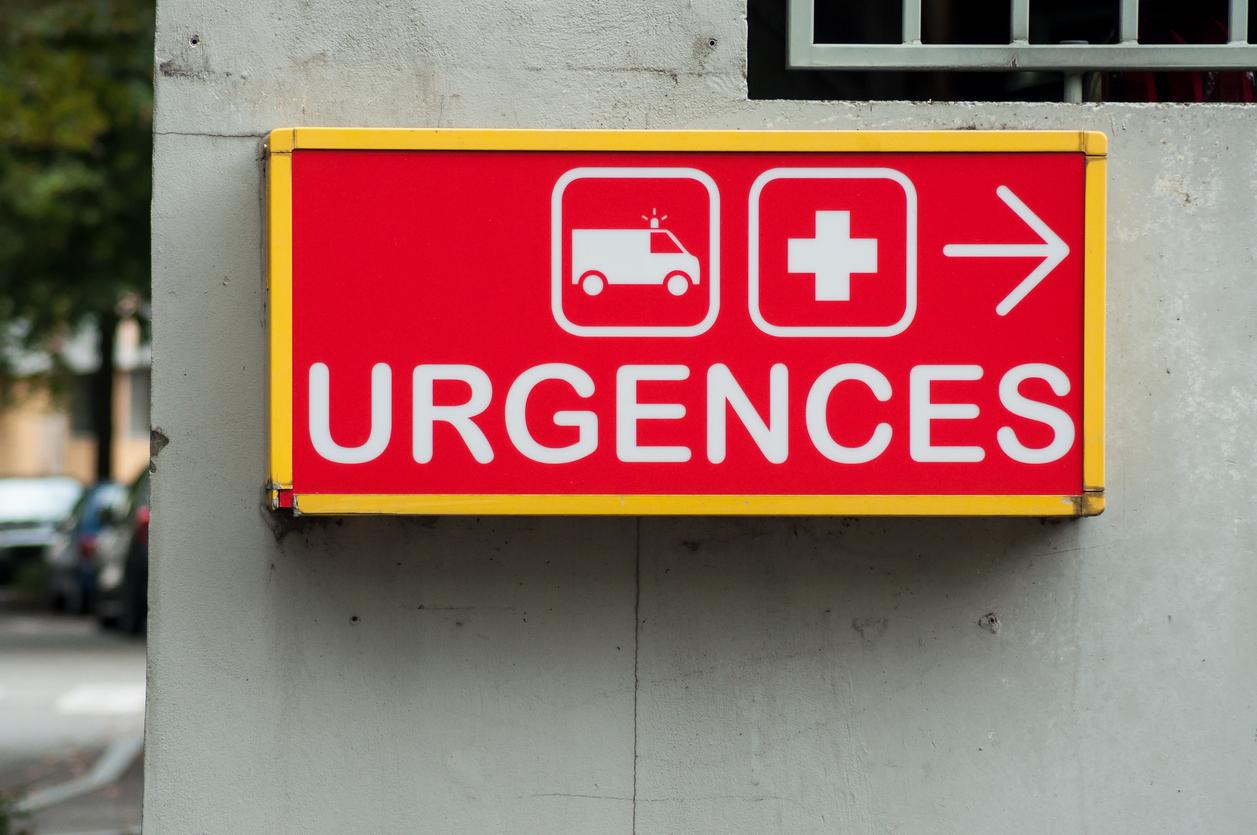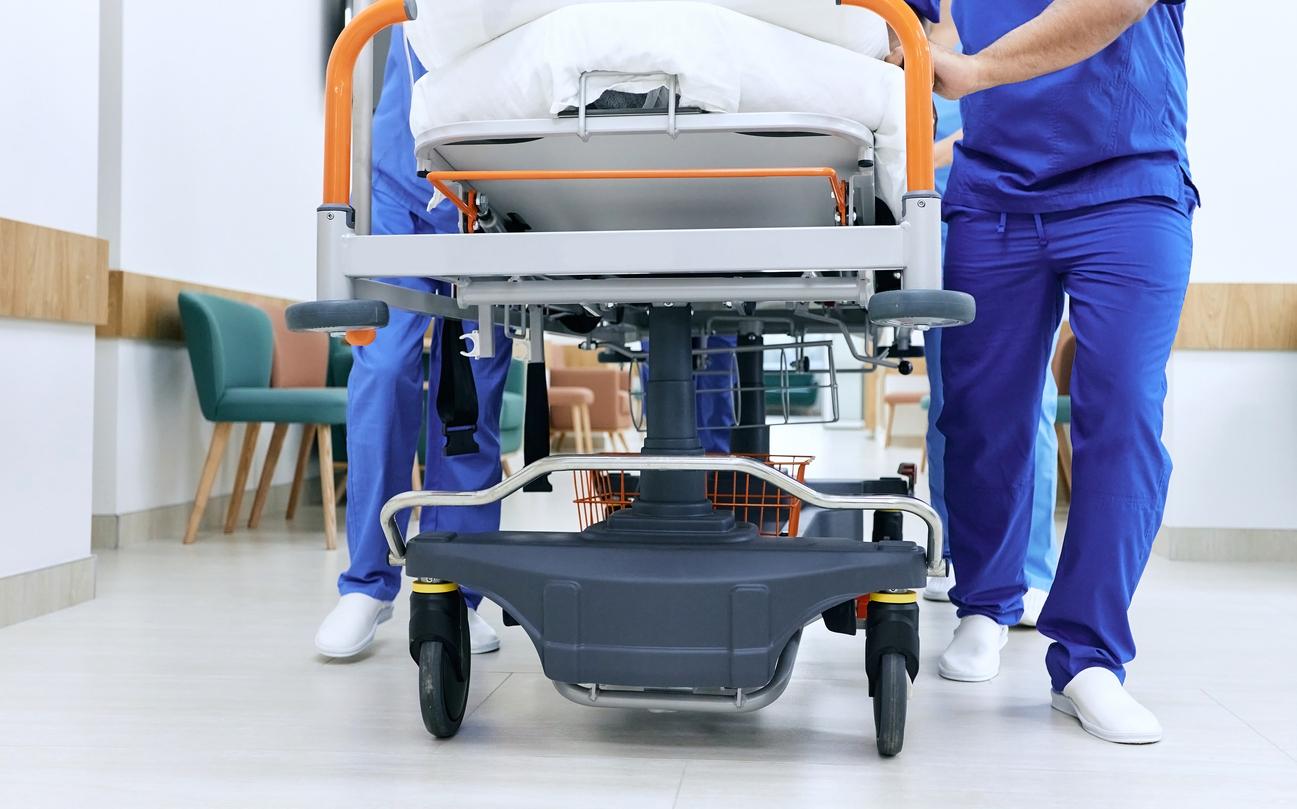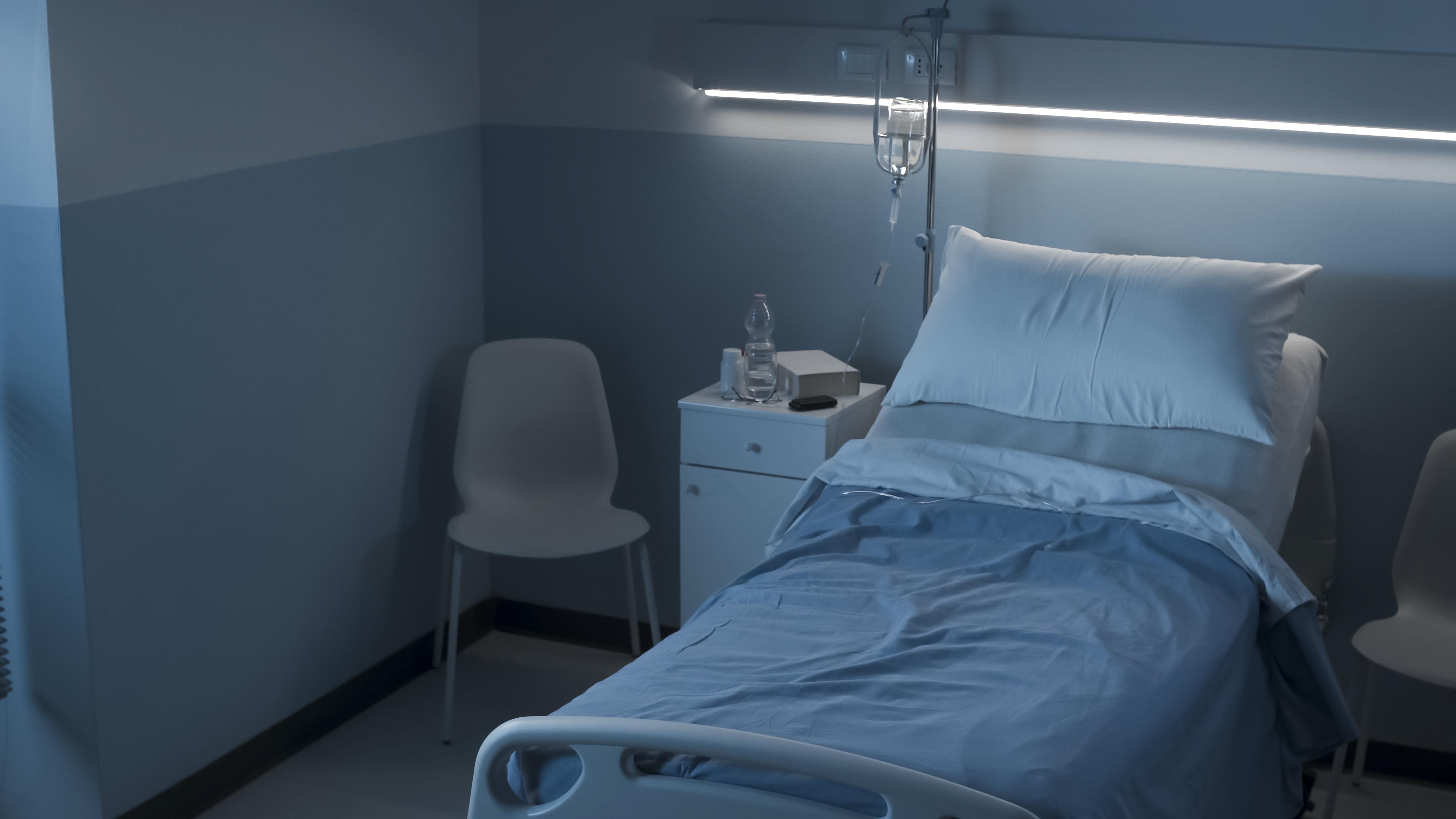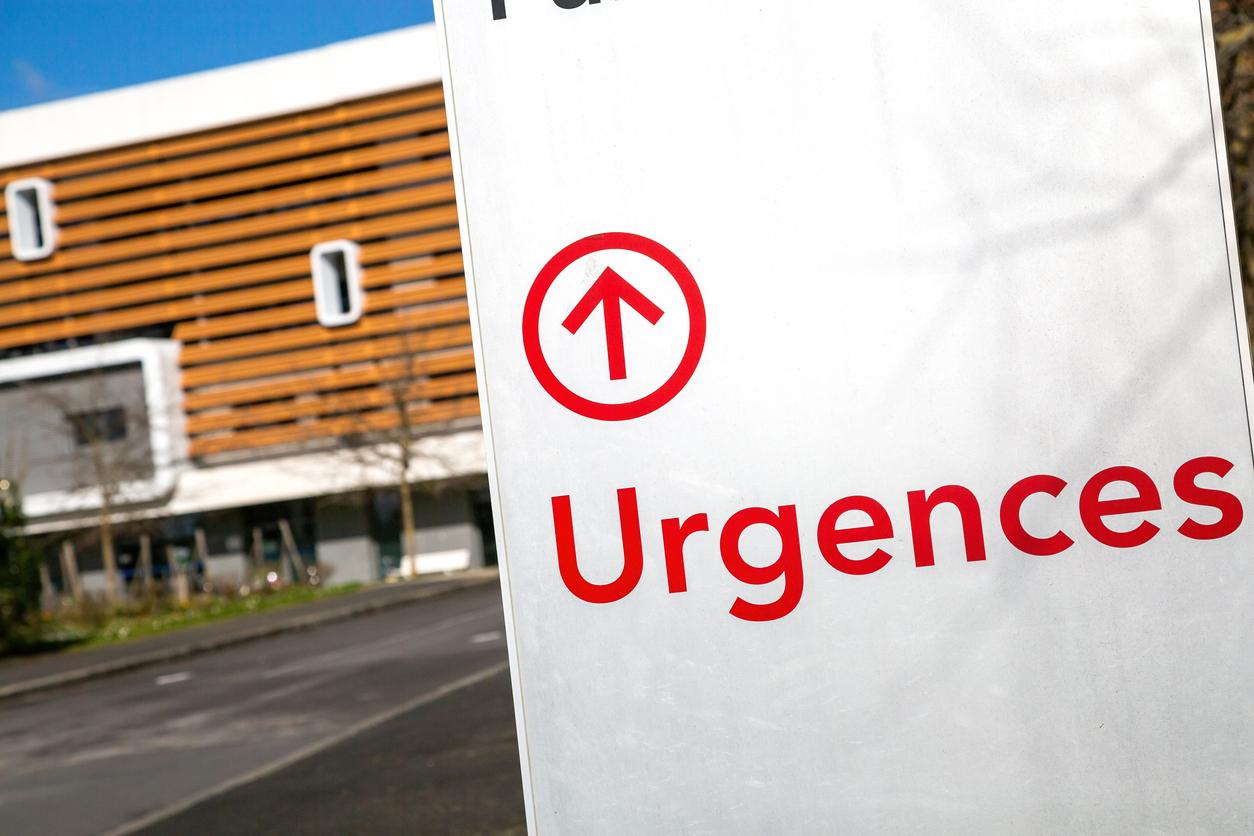The FHF is making 50 proposals to put the hospital in its rightful place and get out of the crisis. The boss of directors wants to tackle in particular the temporary, extremely expensive.
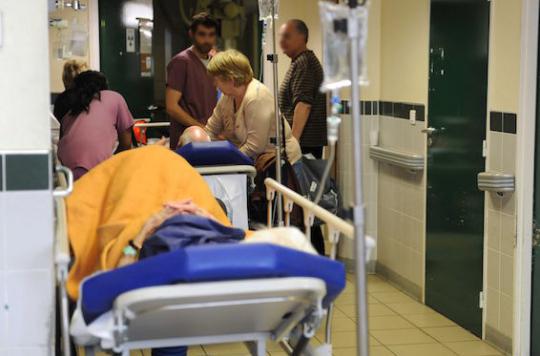
The marked interest of the French in issues relating to public hospitals and the future of the health system has not escaped the notice of the Fédération Hospitalière de France (FHF). Less than three months before the presidential election, it therefore launched, this Friday, its platform of proposals for the next five-year term.
The objective of these orientations carried by the directors of hospitals: “to design a health system and medico-social support that is fairer, more accessible, innovative and of quality”.
Lack of resources, saturated emergencies, insufficient beds, there is no shortage of ailments to establish a worrying diagnosis in the hospital. At the same time, the hospital administration had to save 3 billion in 3 years due to drastic plans. Hence the generalized peril … Contacted by Why actor, the president of the FHF, Frédéric Valletoux, wants in particular to tackle the interim, extremely expensive.
3 times the price of a day
Currently, a temporary doctor can earn up to 15,000 euros per month. On average, a working day earns him 600 to 800 euros net, i.e. a cost of 1,370 euros including tax for the hospital, i.e. more than three times the normal cost of a working day compared to to a regular doctor. This massive recourse to “overpriced” substitute physicians concerns all medical specialties, but particularly emergency medicine, radiology or even anesthesia and resuscitation.
In a report presented to the National Assembly in 2014, the Socialist deputy for Isère, Olivier Veran, concluded that the interim lead to the accounts of the public hospital and concretely cost the hospital 500 million euros, that is three times the amount of the deficit in this sector at the time. This elected official, a neurologist at the Grenoble University Hospital, made several proposals and in particular the establishment of a ceiling on their income.
A national control agency
“The interim today is a scourge for the finances of hospitals”, confirms Frédéric Valletoux. “The FHF would also like the rates paid to temporary doctors to be capped,” he said. The latter adds that it would be necessary to create, moreover, a national public agency to limit the abuses on the costs of intermediaries, etc. “The goal, it’s clear, is to make this activity less attractive. Finally, we must ensure that health establishments can better remunerate their doctors, ”suggests the president of the Federation.
In some territories, competition from the private sector is also too strong, judges the FHF. Clinics should, according to her, be more transparent about the remuneration they offer to practitioners. “From there to saying that in the private sector, remuneration must also be capped is another debate,” concludes Frédéric Valletoux.
Find the full interview with Frédéric Valletoux:
The other proposals of the FHF
– “The public hospital can no longer assume alone missions such as the permanence of care or the reception of the most deprived. It is now urgent that the public authorities reinstate the obligation for all the actors financed by public funds to take their share of the constraints, and in particular to participate in the on-call care;
– Promote an efficient and pragmatic approach to the regulation of the installation of liberal doctors in the territories by preserving the freedom of installation in sector 1 but by no longer making it possible to settle in sector 2 in over-dense areas ”;
– Staff should be able to choose a new method of exercising “combining an increase in working hours and strengthening the attractiveness of remuneration”, in particular in order to work in several establishments of their Groupement Hospitalier de Territoire (GHT).
– The FHF finally pleads for the return of the waiting day (the period of time during which a sick employee is not compensated by Social Security: one day in the public) deleted in 2014. An investigation by the Figaro revealed last April that in 22 establishments, agents chain 30 days or more of sick leave, against 23.8 on average in the others.
.










